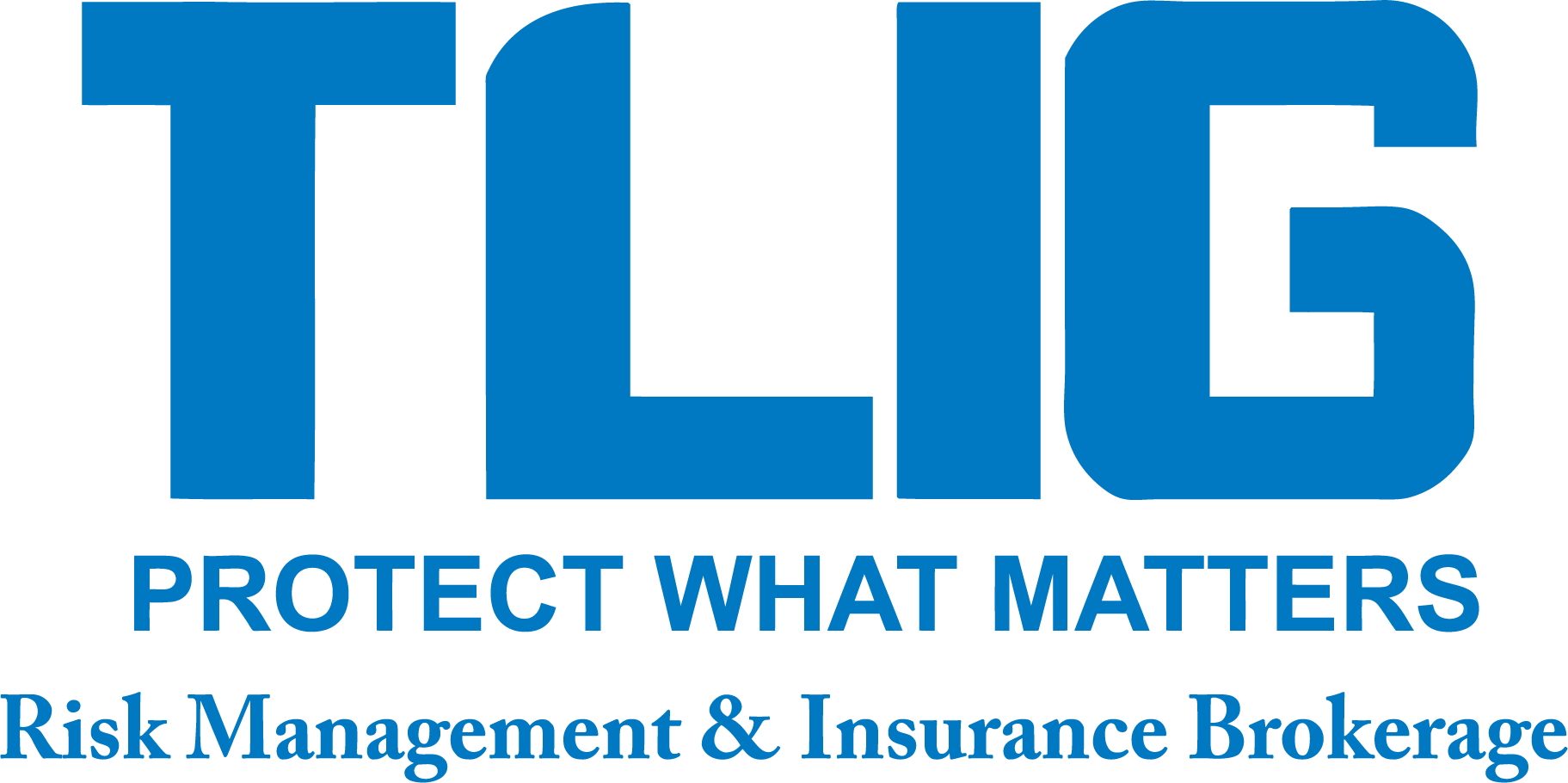Welcome to WordPress. This is your first post. Edit or delete it, then start writing!
Making Cents of Online Investment Services – Which is Best?
The question of the day is all about using online investment services. In other words; Should You or Shouldn’t You? Naturally, as you might well expect with this sort of question, there is no one size fits all answer here. You see, for some people, using an online investment service is a no-brainer, whereas for other people not so much.
Ease Your Way In To The Stock Market
Heads up, you know darned well that you have to do something with your money. Something besides enjoying your weekends and getting your hands on the latest electronic gadget. That something, as you have probably already figured out is about getting up close and personal with the world of investments.
True or False? — It Takes Money to Make Money
The short answer is YES; of course it takes money to make money. To make money in the stock market, you must have money to make the initial stock purchases. Starting a business requires money to buy inventory, marketing materials, office space and equipment. Even lottery winners had to have the seed money required to buy the ticket. The only exceptions that come to mind are inheriting, stealing or finding money.
Wealth Building Tips for Millennials
Millennial! Another of those media driven buzzwords, used to label those between the ages of 18 and 34, while the term Gen Xers define those between 35 and 50 years of age. Boomers, the group to which I belong, are those 51 through 69. This post covers 8 key pieces of advice I proffer to this generation.
Uncommon Wealth Building Wisdom – Trash The Benchmark
There is a common trait that shows up on the road to building your wealth. This trait shows up as you continue to add to your investment portfolio. You do have an investment portfolio don’t you? And don’t even start the blame game when this trait is revealed in just a moment.
Top Budget Hacks for Planning and Accounting
Something most rags-to riches stories have in common is that a good budget is always needed to help anyone achieve financial security. If you want to significantly improve your credit, you have to learn how to pace your spending and increase your savings. No matter how much money you have, there will always be something you can spend it all on and become dead broke again.
Tips for Avoiding an Out of Money Experience
Do you run out of money before you run out of month? Many do, but it doesn’t have to be that way! Wealth is the result of widening the gap between what you earn and what you spend. Most of us make the mistake of ramping up our spending as our disposable incomes rise. This is self-defeating. If you do not develop a respect for money, it will always elude you.
When You Can’t Come Home: What Does “Loss of Use” Coverage Actually Cover?
Your homeowner’s insurance policy will pay to repair
damage to your home caused by a fire, windstorm or other covered cause of loss.
But when you and your family incur expenses for moving out while repairs are
made, who picks up the tab?
An often-overlooked but essential function of your
homeowner’s policy is “additional living expenses” (also called “loss of use”
or “Part D”) coverage. Additional living expenses coverage will pay the
necessary increase in living expenses required to maintain your family’s
current standard of living while the house is being repaired. Examples of
expenses typically covered include the cost of hotel, food bills in excess of normal grocery/restaurant bills,
cooking supplies and the cost of moving property into storage.
The good news is that payment for these expenses usually
does not stop if the policy expires. Rather, they will continue to pay until
the limit is used up, the home is repaired to a habitable state, or you
permanently relocate.
The bad news is that many homeowners erroneously believe
that the policy covers 100 percent of additional living expenses until the home
is habitable. Realistically, very few policies do this. In most cases, home
insurance companies place a limit or cap on loss-of-use payments. For example,
many homeowner policies will only offer loss-of-use coverage as a percentage of
the limit of insurance carried on the dwelling; 20 percent is common. Others
may specify a flat dollar amount.
Usually, a covered loss must occur for any insurance
dollars to be paid for additional living expenses. The one exception is if your
home is not accessible due to civil authority or government mandate triggered
by nearby damage. For example, in 2009, wildfires in California triggered
mandatory evacuations that prevented tens of thousands of homeowners from going
home. If homes in close proximity to yours are burning, there’s a chance the
government will close roads and/or prevent you from entering your property even
though it has not yet suffered a direct loss. In this situation, additional
living expense payments are often limited to two weeks.
Homeowners who receive additional income by renting a
portion of their home should also pay close attention to the Part D limit. This
limit also applies to replacing lost rental income while the damaged house is
being repaired.
Here’s the important question: How do you know if your
policy’s Part D limit is sufficient? The trouble is that important factors are
variable. For example, how do you know how long you will be out of your house?
Building codes and permits cause rebuilding efforts to proceed slowly in many
parts of the country. Calling a local building contractor to gain some idea is
a good start but there is no exact prediction.
Further, how do you know what expenses you will incur?
According to Hotels.com’s 2009 hotel price index, the average hotel room in the
U.S. costs $115 per night! Add this and other expenses to a lengthy,
unpredictable repair schedule and the possibility of eclipsing your Part D
policy limit before your home is habitable could become a serious problem.
The last thing you want to hear is that your loss-of-use
coverage has run out before you can go home. Fortunately, a professional
insurance agent understands these exposures and can help you weigh your
options, including those that may increase your loss-of-use coverage limit.
TLIG is a local Trusted Choice®
agency that represents multiple insurance companies, so it offers you a variety
of personal and business coverage choices and can customize an insurance plan
to meet your specialized needs.
Visit us online at www.tligins.com
or call us at (434) 582-1444.
Is a GPS Covered by an Auto Policy?
Some may view them as science fiction gone wild. Others
see them as indispensable, possibly life-saving tools. Regardless of your
feelings about Global Positioning Systems (GPS), they continue to occupy the
dashboards of millions of U.S. vehicles each year. The pervasiveness and
expense of the technology has drivers asking if their GPS systems are covered
by auto insurance.
Personal Auto Insurance
Whether its finding alternative routes to beat traffic or
an Italian restaurant for the family, drivers rely on their GPS to get them
places without the stress of winding up who knows where with an empty tank, no
cellular service and shrieking children.
If you depend on your GPS to maintain safety and sanity
in your personal vehicle, you should call your insurance agent and request that
your auto insurance policy be endorsed to cover the system; failure to make
this request will likely result in no coverage for the system after a loss.
This is because most personal auto policies strictly limit or totally exclude
coverage for GPS and other electronic devices in your car that are not used to
operate the vehicle. Some policies will offer limited coverage for GPS devices
that are built into the vehicle by the manufacturer or even some portable
systems; however this is not the case for all policies and those that do
include coverage are limited.
Business Auto Insurance
Any business person who has ever gotten lost finding a
jobsite or received lousy directions to a meeting can attest to the value of a
GPS system. Many businesses invest thousands into such systems for the mobile
among their ranks—an investment that could be lost if the system is damaged in
a crash or stolen.
Similar to personal auto insurance policies, covering a
GPS device under a business auto insurance policy likely requires a call to
your insurance agent. Your agent should be able to endorse your policy to
include coverage for the GPS system. This endorsement is necessary for most
business auto policies—those that do extend coverage to the GPS system will do
so only in a limited capacity; still leaving you with a bill for the damage.
Moral of the Story: Call Your Agent
Regardless of the level of dependence you invest, losing
the ability to use your vehicle’s GPS system because it is damaged in an
accident or stolen is frustrating and expensive. Calling your insurance agent will
help you discover how much coverage your current auto policy will offer towards
replacing the damaged system.
TLIG is a local Trusted Choice®
agency that represents multiple insurance companies, so it offers you a variety
of personal and business coverage choices and can customize an insurance plan
to meet your specialized needs.
Visit us online at www.tligins.com
or call us at (434) 582-1444.


